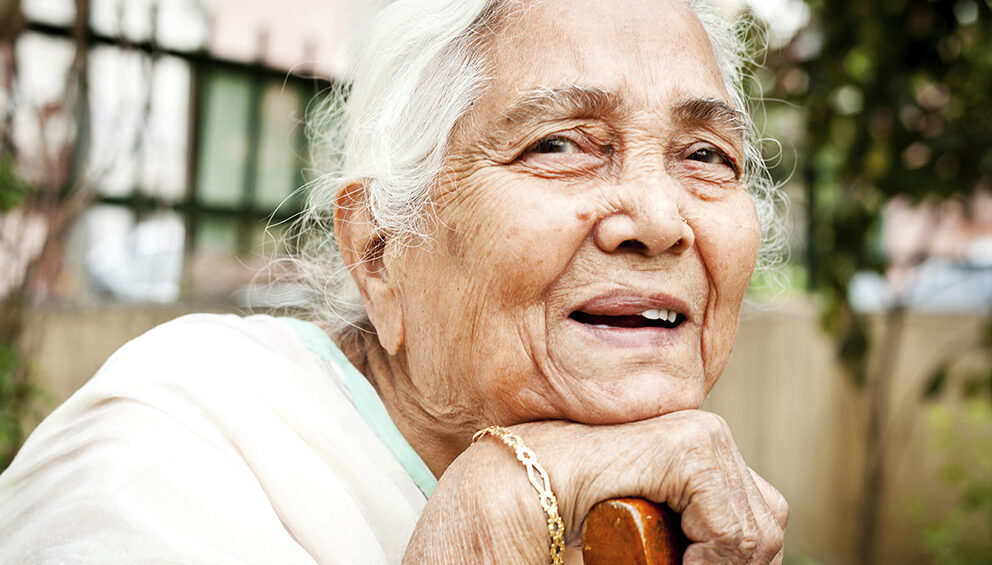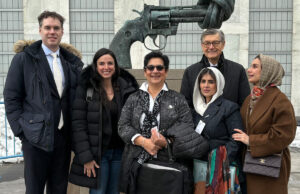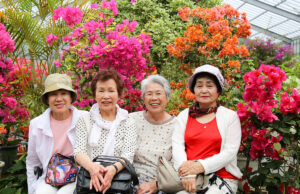“Infection Control: Lessons Learned from Mercy Health”: Webinar Summary

On January 19, 2021, Adjunct Professor Stephen Cornelissen, Mercy Health Group Chief Executive Officer, Sharon Donovan, Adj. Prof. Sharon Donovan, Executive Director Nursing, Midwifery and Aged Care Clinical Practice, and Mercy Health Infectious Diseases Physician, Dr. David Turner at Mercy Health participated in the Global Ageing Network webinar, “Infection Control: Lessons Learned from Mercy Health”. They presented key elements of their strategy in addressing the coronavirus within Mercy Health, with a focus on aged care.
By way of background, Australia has a population of 25.5 million and has had 29,000 positive COVID-19 cases and 909 deaths. In Victoria, there were 20,000 cases recorded over a ten-week period. 75% of the deaths in that time were in long term care. As we have learned in other countries, cases in residential aged care follow the same trajectory as cases in the community.
In his remarks, Dr Turner described a virus for which there were “still many unknowns.” He said a number of risk factors had been established, which were inclusive of older adults, particularly those needing long term care. He said there had been a high rate of asymptomatic cases. Dr Turner remarked that it was known that the vaccine was effective at prevention, but it was not yet known how effective it was at mitigating transmission or how durable the protection would be. Dr Turner noted that Australia had been able to do a significant amount of testing, which had helped to keep case numbers at bay.
Mercy Health quickly put in place an Incident Command structure and system, which included leaders within Mercy in order to make decisions quickly with the information available to them as it became available. Critical to their role was clear and up to date communications, particularly because guidance from government entities moved quickly.
In addition to the importance of good and frequent lines of communications, Sharon Donovan commented that no matter how good personnel were when it came to PPE, no-one was good enough. Regular training and refreshers on safely using PPE, she said was necessary. Also she added that a peer ‘spot’ staff member had been required to oversee staff as they ‘donned and doffed’ their masks, gowns, face shields, glasses and gloves.Adj. Prof. Donovan said all cleaners – including contract cleaners – needed to be expert in infection control. She said keeping track of hot spots in the community and matching those to where staff lived helped a great deal in preventing the virus from entering buildings. Also, training key staff in incident management provided necessary consistency in managing a crisis and helped to avoid constant changes and inconsistencies.
Mercy Health was generous in sharing its experience and advice. During this pandemic, we all have an opportunity to learn a great deal from one another, and this was a tremendous learning opportunity.

Recently Added
February 19, 2026
Statement to the United Nations: February 2026
January 22, 2026




